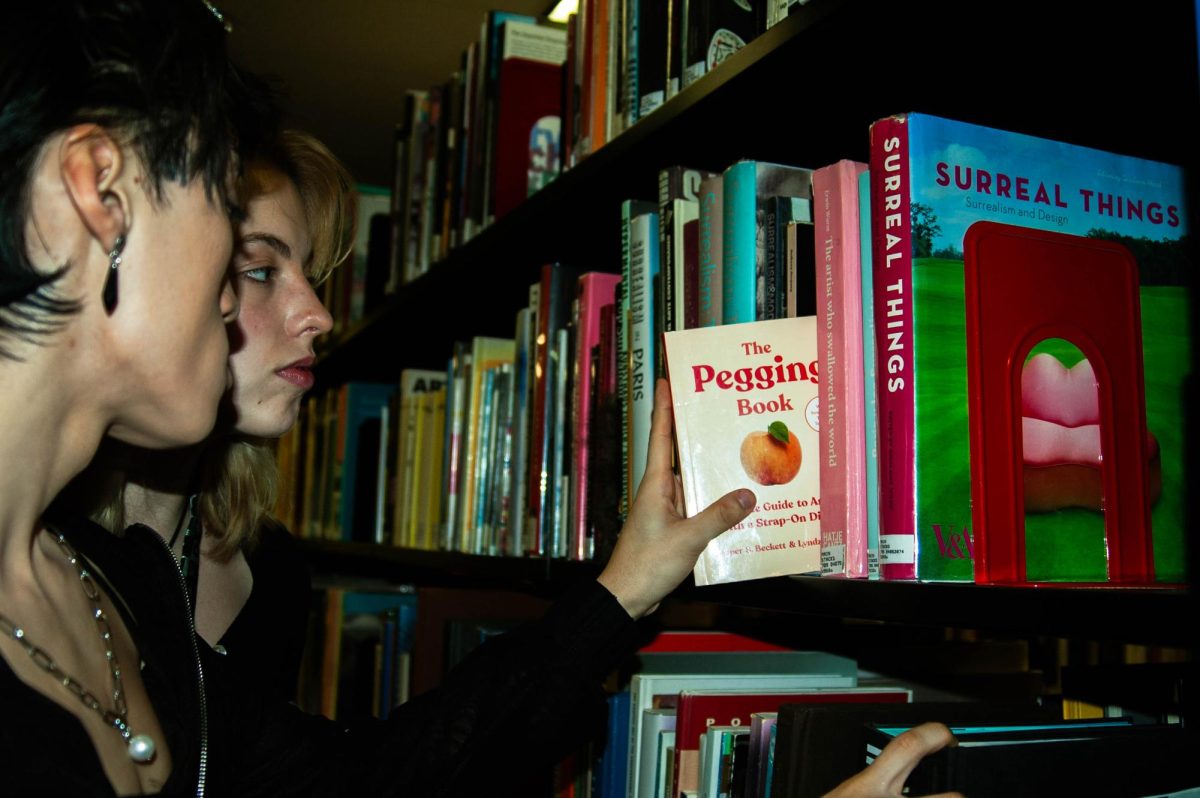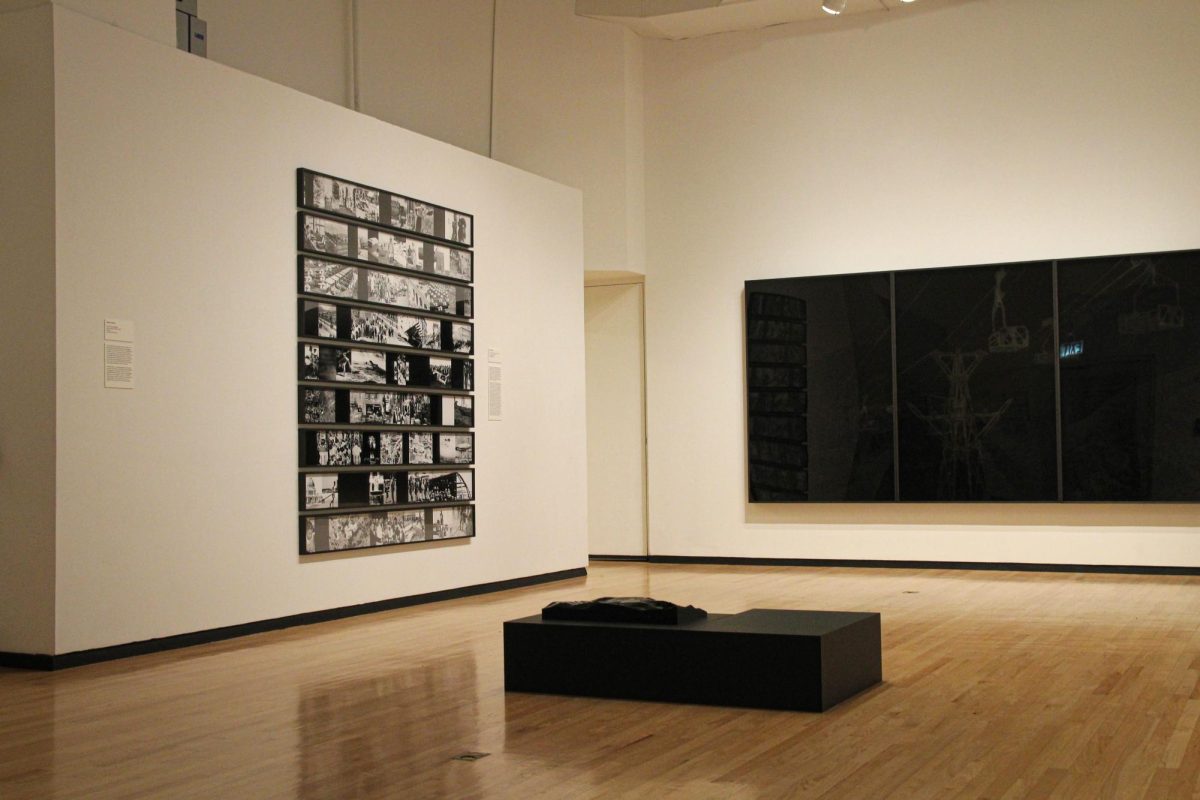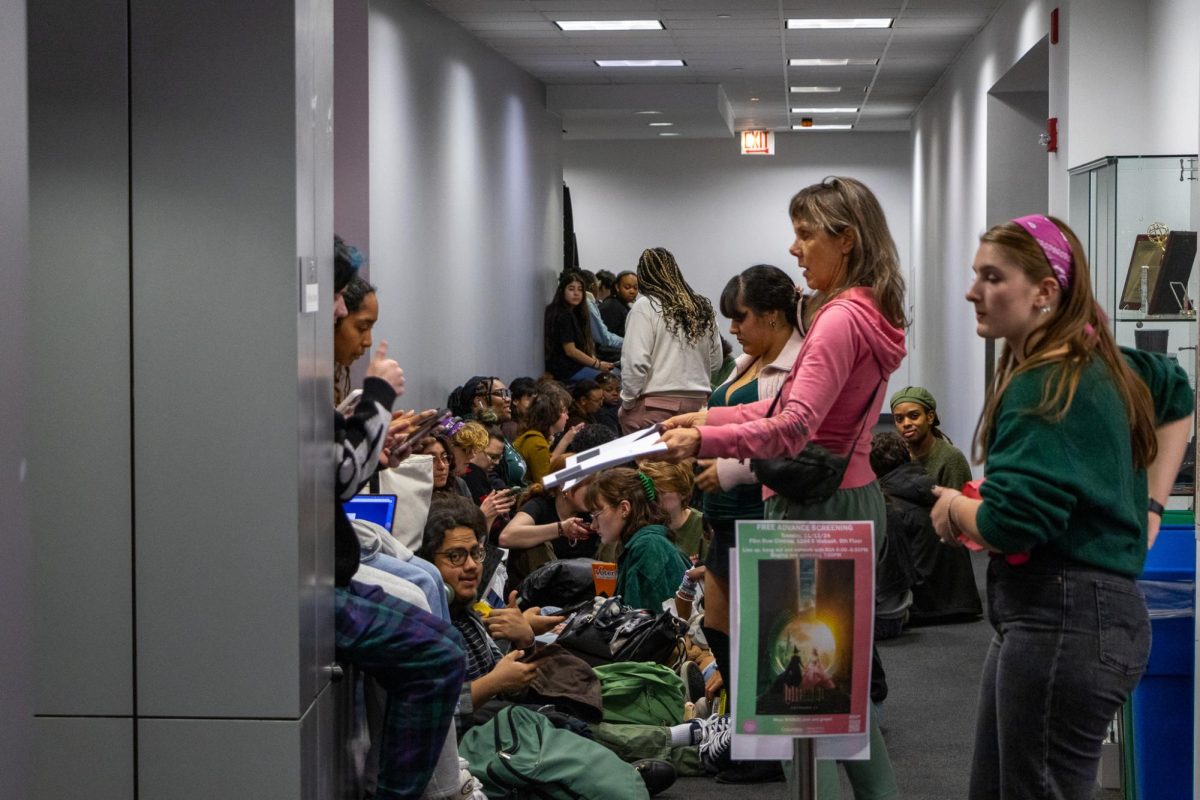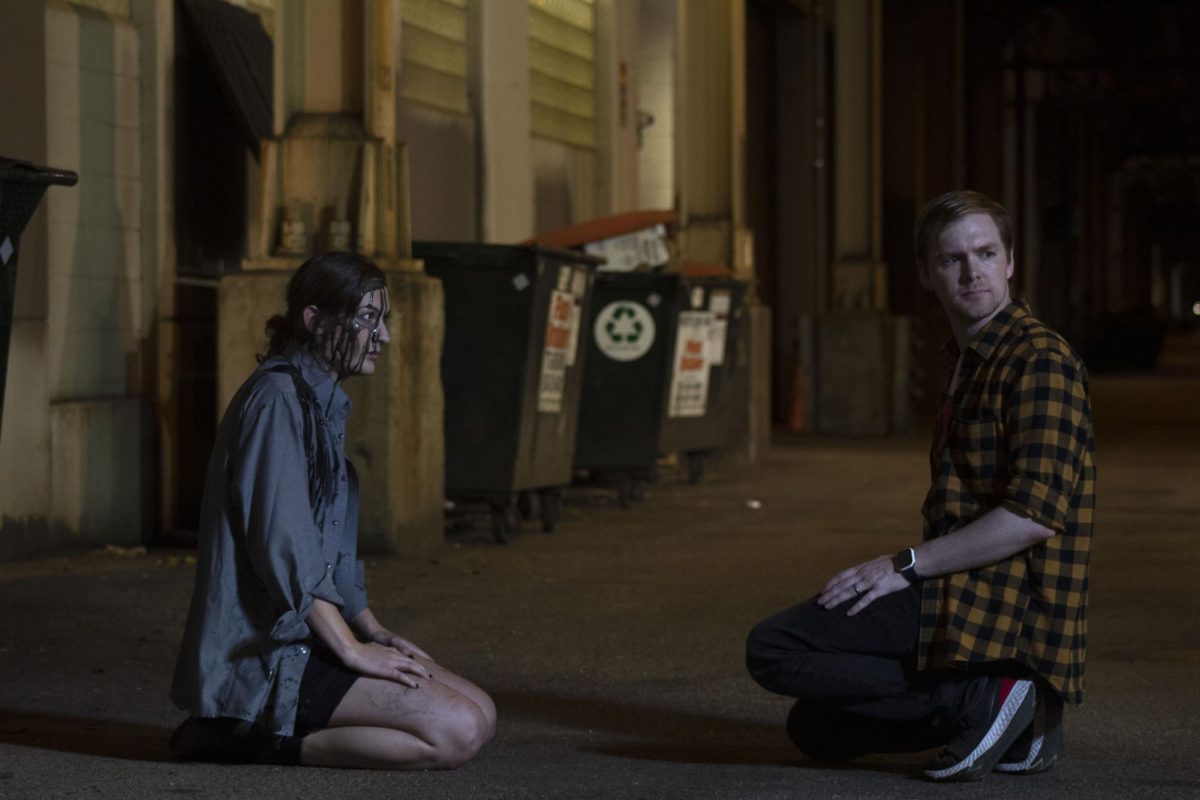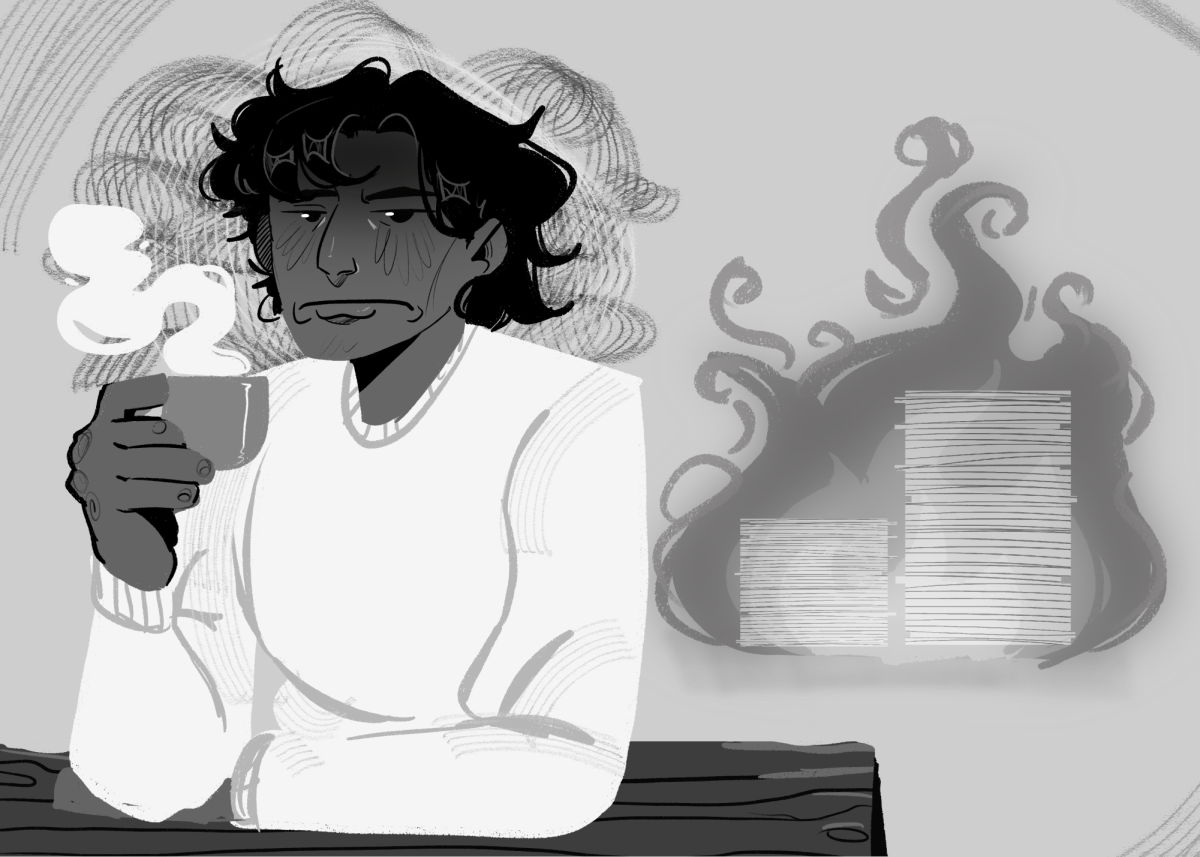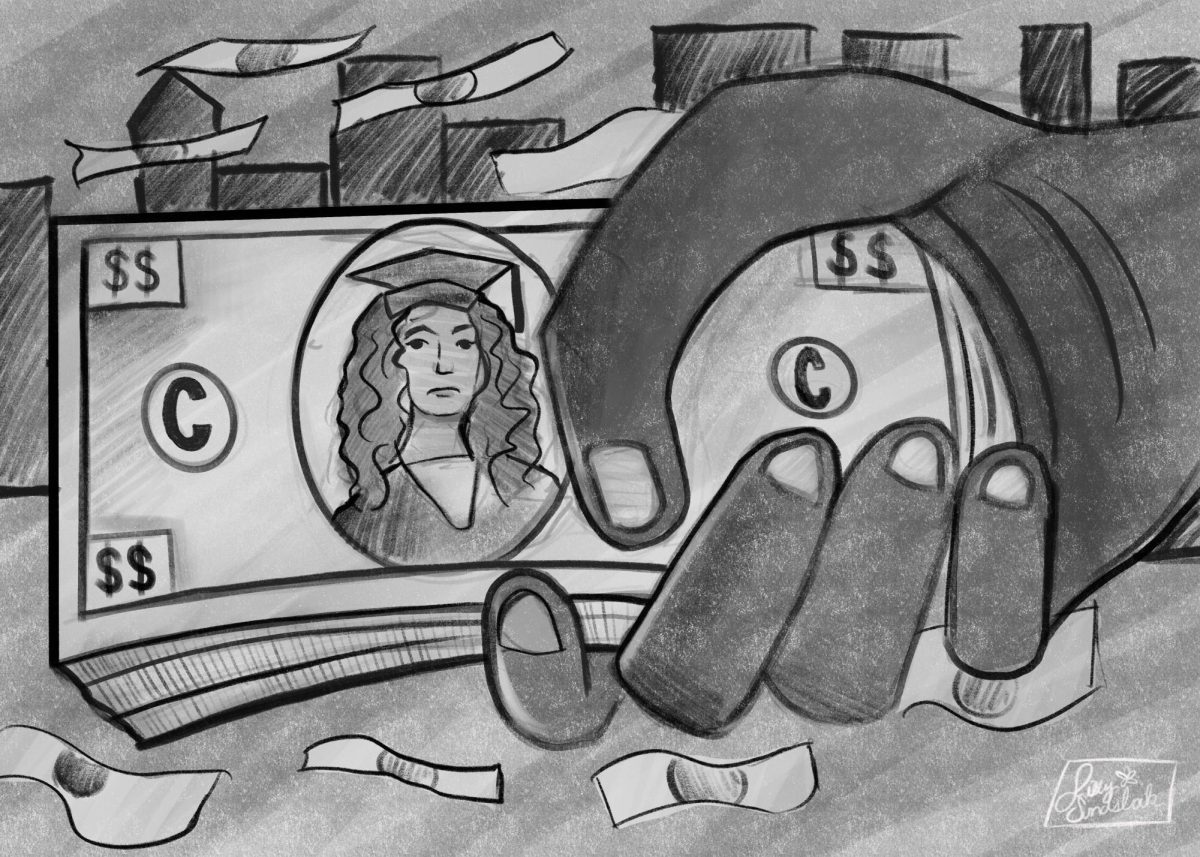THE SEX ISSUE
“The Notebook,” “Titanic” and “Romeo and Juliet” are some of the most recognizable movies and what do they all have in common? The message of love.
The idea of love is prevalent in various media such as movies, television shows and books. Whether it be the love from friendship, family or relationships, it is the plot source for many entertainment forms.
While love in media has served for countless entertainment, it can build up nearly improbable expectations of how love is supposed to be.
Deborah Holdstein, a professor in the English and Creative Writing Department, teaches “Literature In Film: Honors,” a course that explores how story elements translate in book-to-movie adaptations.
Holdstein said memorable movies tend to be ones showing what is uncommon in real life, such as having happy endings.
“Films in this case speak volumes about our need to see resolution and happiness in an otherwise sometimes very unhappy world,” Holdstein said.
She brought up the 1967 romantic- drama film “The Graduate,” where the protagonist, Benjamin Braddock, tries to figure out his life after college. Amid feeling secluded for not connecting to his parents’ careers, Braddock gets seduced by an older woman, Mrs. Robinson, and continues the affair until he falls in love with her daughter, Elaine.
In the end, he runs off with Elaine and they board a bus only to then question their uncertain future.
“We have this moment of exhilaration, like ‘Wow, they got each other now,’” Holdstein said. “Yet they end up staring off into the darkness…and that’s the end of the movie.”
Amar Vojnikovic, a junior advertising major, first saw unrealistic love portrayed in classic Disney movies like “Cinderella,” Marvel films and the most recent film being “Anyone But You” starring Sydney Sweeney and Glen Powell.
Vojnikovic said he hadn’t seen any movie with love-related realism, “unless it’s like a documentary-type vibe.”
That’s because the media’s love portrayals “tend to focus on one stage… this kind of intense, all-consuming type, that’s usually the first stage of the relationship,” said Olga Goldenberg, an associate professor in the Humanities, History and Social Sciences Department who teaches psychology courses.
Goldenberg said oftentimes “when this honeymoon stage of the relationship passes, that’s when the real relationship begins.”
Transfer fashion design major Sarah Donnelly said these portrayals make her question whether or not communication between both parties in movies is realistic enough to function in an actual relationship.
“You have to just kind of take everything with a grain of salt and understand that. Otherwise, you’re prone to severe misinterpretations that could affect you in a variety of ways in real life,” she said.
Junior game design major Christopher Leon said he felt the pressure of having to live up to media expectations at the beginning of his teenage years.
That led to him having to change his ways throughout his teen-hood as he felt it was the only way to have love.
“Some movies depict that a man needs to have maturity, can’t be lazy, puts in the work and have money in order to have a chance,” Leon said.
Senior acting major Savanna Peña shared the sentiment over media not displaying realistic relationships.
“They don’t show the hard part to relationships that are ugly, that it’s not about 50-50. It’s about if I’m feeling 60 or 40, if I’m feeling 80, you’re feeling 20,” Peña said.
Does that mean fake love is all bad?
“Not really,” Goldenberg said.“It can make people hopeful,” she said, and “believing in that is not a bad thing per se.”


